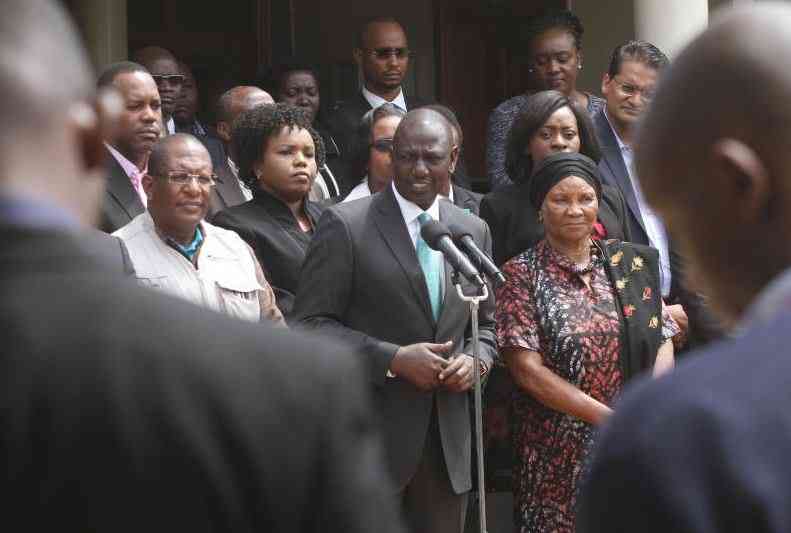
In Kenya, there is a curious pattern that resurfaces each time the nation confronts a crisis-be it a scandal, a systemic failure, or a public outcry. It is the formation of task forces, commissions of inquiry, ad hoc panels, and other similar bureaucratic detours.
This political reflex, now deeply entrenched in the nation's administrative psyche. It has morphed into a theatre of avoidance where reports gather dust, public funds evaporate, and genuine accountability is diluted into recommendations that rarely, if ever, see the light of implementation.